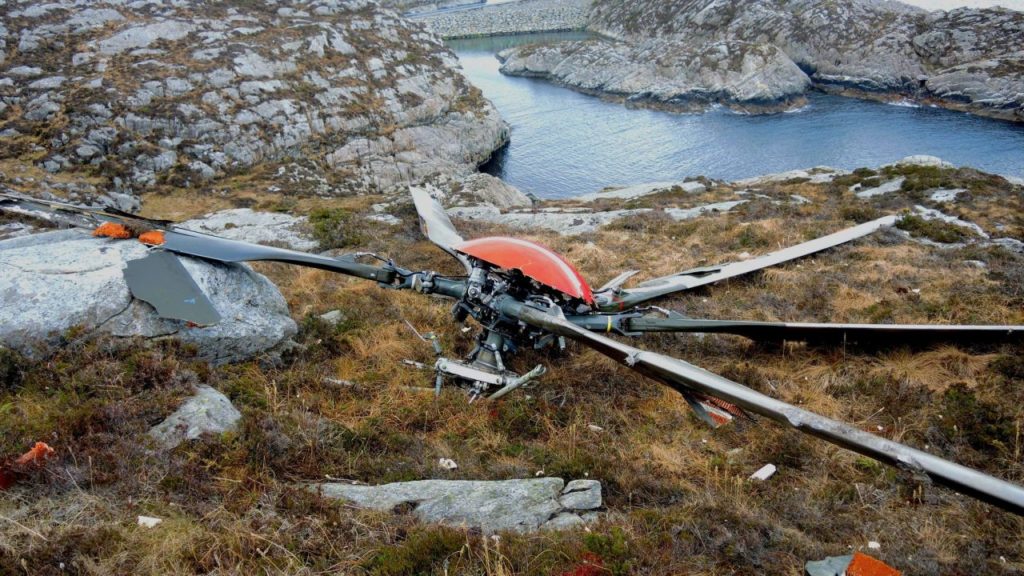
The Scottish Government is being pushed for answers on whether it will back a public inquiry into helicopter safety offshore.
Last year, the energy minister and transport secretary both agreed to discuss workforce concerns with regulators, following a meeting with North-east Labour MSP Lewis Macdonald and the Unite and RMT unions.
The government has confirmed the meetings with the Oil and Gas Authority (OGA) and Civil Aviation Authority (CAA) have now taken place, but gave no update on whether ministers will back an inquiry.
Unite regional officer John Boland branded the response “disappointing”, adding that unions seem to be “having to persuade the Scottish and UK Governments” on the importance of the issue.
As a result, Mr Macdonald has written to energy minister Paul Wheelhouse to find out if he and transport secretary Michael Matheson will give their support.
Unions argue it is “absolutely necessary” due to workforce concerns over helicopter travel.
A government spokesman said the meetings took place in November and December, and that ministers will “continue to work with partners” on a collaborative health and safety environment.
Mr Macdonald said: “When we discussed this in parliament over a year ago they were sympathetic about the need for a public inquiry but not supportive of it.
“They have had the chance to hear from the OGA and the CAA and I would hope by now they would have heard both sides of the argument.
“I hope they are listening to the workers and addressing the concerns they have.
“If the ministers are not supportive of an inquiry I would like to know why not.”
The group is seeking a “wide-ranging inquiry” into workforce confidence, technical issues and whether commercial pressures are being brought to bear.
Responsibility for an inquiry lies with the UK government, however the group is seeking Holyrood support to bolster their campaign.
It comes following a series of fatal incidents in the North Sea, most recently a crash involving a Super Puma 225 helicopter off the Norwegian island of Turoy in 2016, which killed 13 people including Iain Stuart from Laurencekirk.
The Super Puma model was grounded in the aftermath of the tragedy and, despite this since being lifted, has not returned to operation in the North Sea.
In June last year, investigators of the Turoy Super Puma crash found a rotor broke off due to a fatigue failure in the main rotor gearbox.
A Super Puma crash off Peterhead in 2009, which resulted in 16 deaths, was caused by a fault with the same component.
John Boland, from Unite, argues that workers’ concerns on offshore safety have not been adequately addressed.
He said: “Unite is fully supportive of a collaborative approach to health and safety in the offshore industry, particularly on the usage of helicopters.
“However, the present arrangements have not delivered the best possible safety regime and it is clear that more can be done to assure the workforce on this front.
“For this reason, Unite believes that a full independent public inquiry of helicopter safety in the North Sea is absolutely necessary.
“It is disappointing that it appears we are having to try and persuade the Scottish and the UK Governments on this matter.”
The Scottish Government said the issues raised by Mr Macdonald and the unions last year were “discussed” in the meetings.
A spokesman said: “Although the regulation of aviation safety, including offshore helicopter flights, is a reserved matter, we believe there should be a collaborative approach to health and safety offshore and will continue to work with partners to achieve this.”
